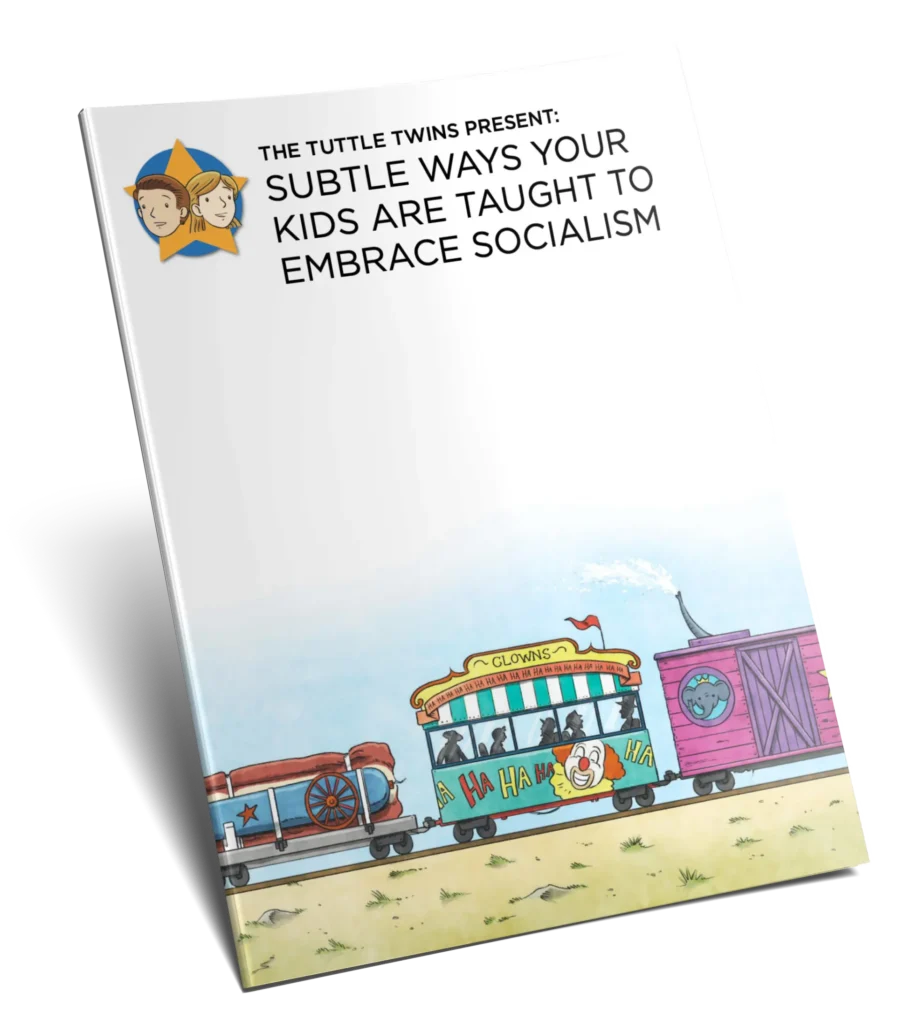Free speech is a fundamental right that is essential for a free and democratic society. It is the right to express one’s opinions and ideas freely and without fear of reprisal or censorship. This right is enshrined in the First Amendment to the United States Constitution, which guarantees the right to freedom of speech, freedom of the press, and freedom of assembly.
But free speech is not absolute, and there are certain limits and restrictions on what can be said and done. For example, free speech does not include the right to engage in incitement to violence, or to falsely shout “fire” in a crowded theater. However, these limitations are narrowly defined and are designed to protect the rights and safety of others, without unduly restricting the right to free speech.
The Debate Over Offensive Speech
One of the key debates about free speech concerns the protection of offensive or wrong ideas. Some people argue that free speech should only include speech that is respectful and reasonable, and that offensive or wrong ideas should not be protected. However, this view is misguided, and it fails to understand the importance of protecting all speech, even speech that is offensive or wrong.
Additionally, attempts to censor offensive speech can often lead to arbitrary and discriminatory enforcement, as decisions about what constitutes “offensive” speech are often subjective and influenced by personal bias.
Why Protecting Offensive Speech is Important
The right to free speech means the right to express any idea or opinion, no matter how offensive or wrong it may be. This is because free speech is not about the content of the speech, but about the right to express oneself freely and without fear of reprisal. If we only protected speech that was respectful and reasonable, we would be restricting the right to free speech and creating a climate of fear and self-censorship.

Protecting offensive speech is important because it allows for the free exchange of ideas and the testing of different viewpoints. In a free society, people should be able to express their opinions and ideas, and to challenge and criticize each other’s ideas. This is how we learn from each other, how we test the truth of different ideas, and how we arrive at the truth. If we only protected speech that was respectful and reasonable, we would be stifling the free exchange of ideas and limiting our ability to learn and grow.
Limiting free speech is dangerous because it can be used to suppress dissent and to silence critics. Governments and powerful interests often use censorship and repression to silence those who challenge their authority or who expose their wrongdoing. By limiting free speech, we make it easier for governments and powerful interests to maintain their control and to avoid accountability. This is why it is important to protect all speech, even speech that is offensive or wrong.
The Marketplace of Ideas
When free speech is allowed, bad and offensive ideas are naturally put down by the force of better ideas. In a free society, people are free to express their opinions and ideas, and to challenge and criticize each other’s ideas. This creates a marketplace of ideas, where different viewpoints compete and are tested against each other. In this marketplace, good ideas flourish and bad ideas wither and die.
For example, consider the case of racism. Racism is a deeply offensive and wrong idea, but it is protected by the right to free speech. This means that those who hold racist views are free to express their views and to try to persuade others of their correctness. However, in a free society, racism is unlikely to succeed, because its ideas are challenged and debunked by those who are knowledgeable and informed. In the marketplace of ideas, bad ideas like racism are naturally put down by the force of better ideas.
This is why it is important to protect all speech, even speech that is offensive or wrong. By allowing bad ideas to be expressed and challenged, we create a marketplace of ideas where the truth can emerge and where bad ideas can be put down by the force of better ideas. By protecting free speech, we ensure that the truth can prevail and that bad ideas are naturally silenced.
Rothbard on State Coercion
In his book Anatomy of the State, Murray Rothbard argues that the state is a coercive monopoly that uses violence and coercion to suppress liberty and to protect its own interests. He says that the state is the enemy of freedom, and that it must be opposed and resisted in order to preserve liberty.
Rothbard’s view of the state is based on the idea that the state is a monopoly of force. He argues that the state uses its monopoly on the use of force to control and dominate its citizens, and to prevent them from challenging its power. The state does this through laws, regulations, and other forms of coercion, and it uses violence and the threat of violence to enforce its will.

According to Rothbard, the state is a coercive monopoly because it uses force to prevent competition. He argues that the state uses its monopoly on the use of force to prevent others from offering competing services, and to maintain its power and control. For example, the state uses its monopoly on the use of force to prevent private security companies from competing with the police, and to prevent private schools from competing with public schools.
He also argues that the state is an enemy of freedom because it uses its power to suppress liberty and to protect its own interests. The state is not a neutral arbiter, but rather an active participant in the market, and it uses its power to favor certain groups over others—like how the state uses its power to favor wealthy and powerful interests over the interests of the poor and working class.
This view of the state is relevant to the discussion of free speech, because the state is often the greatest threat to free speech. The state uses its monopoly on the use of force to suppress speech that it deems unacceptable or threatening, and to protect its own interests. It also uses laws and regulations to restrict speech that criticizes the government, or that promotes ideas that those in power may not like. By protecting free speech, we can help to limit the power of the state and to defend our freedom.
How Protecting all Speech Makes Us Better
In a free society, people are free to express their opinions and ideas, and to share their experiences and perspectives. This diversity of viewpoints and experiences is essential for a vibrant and thriving society. Without the freedom to express themselves, people are denied the opportunity to share their unique perspectives and experiences, and the richness and diversity of our society is diminished.
In addition, free speech is essential for holding governments and powerful interests accountable. In a free society, people are free to criticize and challenge those in power, and to expose wrongdoing and corruption. This is an important check on the power of governments and powerful interests, and it helps to prevent abuses of power and corruption. Without the freedom to express oneself freely, people are denied the ability to hold governments and powerful interests accountable, and abuses of power and corruption can go unchecked—it is also necessary for the development of critical thinking and independent judgment.
In a free society, people are free to express their opinions and ideas, and to challenge and criticize each other’s ideas. This encourages people to think for themselves, to evaluate different perspectives, and to develop their own independent judgment. Without the freedom to express oneself freely, people are denied the opportunity to think for themselves and to develop their own critical thinking skills, and they are more likely to be swayed by the opinions of others.
Protecting offensive speech is essential for a free and democratic society, because it allows for the free exchange of ideas, it supports diversity, it holds governments and powerful interests accountable, and it encourages critical thinking and independent judgment. By protecting the right to free speech, we can defend our freedom and protect our society.
What You Can Do
If you believe in the importance of free speech and the power of ideas, you’ll love The Tuttle Twins and the Fate of the Future, which is based on the ideas of Murray Rothbard, and explores the dangers of the state and the importance of liberty. In the book, Ethan and Emily learn about the power of the state and how it threatens their freedom. They also learn about the importance of personal responsibility and the dangers of dependency.
Creating a better world for the next generation starts with teaching them the powerful ideas that keep individuals and societies free. The world wants to create grey areas around rights by claiming that too much freedom is a bad thing, and that some speech should be forbidden if enough people don’t like it. But that’s how discourse breaks down, and it’s how dangerous and bad ideas are given power to grow in the shadows and in the darkness—unchecked by exposure to the light of good and reasonable ideas.





